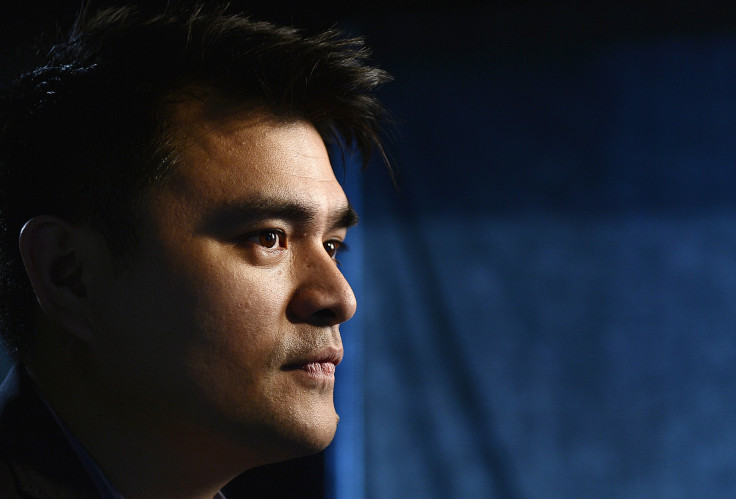
Jose Antonio Vargas may be America’s most famous undocumented immigrant. He’s a Pulitzer Prize-winning journalist and activist for undocumented immigrants. His documentary “Documented” was released this year that chronicles his life in America as an undocumented immigrant since he was a young child. On Tuesday, he was detained by McAllen, Texas, Border Patrol, as reported by Lara Drasin, a representative for the group Define American, an immigration advocacy group founded by Vargas. He and his team were reporting on the current immigration crisis that has taken over the news lately.
Vargas headed to Texas with his organization Define American and their camera crew to film and interview undocumented minors trying to escape violence in their own countries in Central America. The award-winning journalist took with him his Philippines-issued passport and his personal pocketbook constitution. However, in order to exit the border town, he needed to pass through an interior U.S. Border Patrol checkpoint set up 45 miles from McAllen.
On Tuesday, Vargas tweeted to his followers on Twitters that he was going to attempt to get to through security at McAllen Airport. "About to go thru security at McAllen Airport. I don't know what's going to happen. For updates follow @DefineAmerican & @MAC_UTPA," he said. Vargas was asked if he was travelling with a visa, and he said he was not. The agent shortly thereafter placed him in handcuffs.
On July 11, Vargas wrote an article for Politico which revealed his fears of being detained: “When my friend Mony Ruiz-Velasco, an immigration lawyer who used to work in the area, saw on my Facebook page that I was in McAllen, she texted me: 'I am so glad you are visiting the kids near the border. But how will you get through the checkpoint on your way back?' A curious question, I thought, and one I dismissed. I’ve visited the border before, in California. What checkpoint? What was she talking about? Then Tania Chavez, an undocumented youth leader from the Minority Affairs Council, one of the organizers of the vigil, asked me the same question: 'How will you get out of here?' Tania grew up in this border town. As the day wore on, as the reality of my predicament sunk in, Tania spelled it out for me: You might not get through airport security, where Customs and Border Protection (CPB) also checks for IDs, and you will definitely not get through the immigration checkpoints set up within 45 miles of this border town. At these checkpoints, you will be asked for documentation.”
The only IDs I have for security: Philippine passport and my pocketbook US Constitution @DefineAmerican & @MAC_UTPA pic.twitter.com/IFH0Vb4oX7
— Jose Antonio Vargas (@joseiswriting) July 15, 2014Here's a photo of @joseiswriting in handcuffs, because the Border Patrol has nothing more pressing to do apparently pic.twitter.com/dN8KewqeZr
— Ryan Grim (@ryangrim) July 15, 2014 "It became apparent during our time here in McAllen that @joseiswriting may not be able to leave. For thousands, this is a daily struggle."
— Define American (@DefineAmerican) July 15, 2014© 2024 Latin Times. All rights reserved. Do not reproduce without permission.
